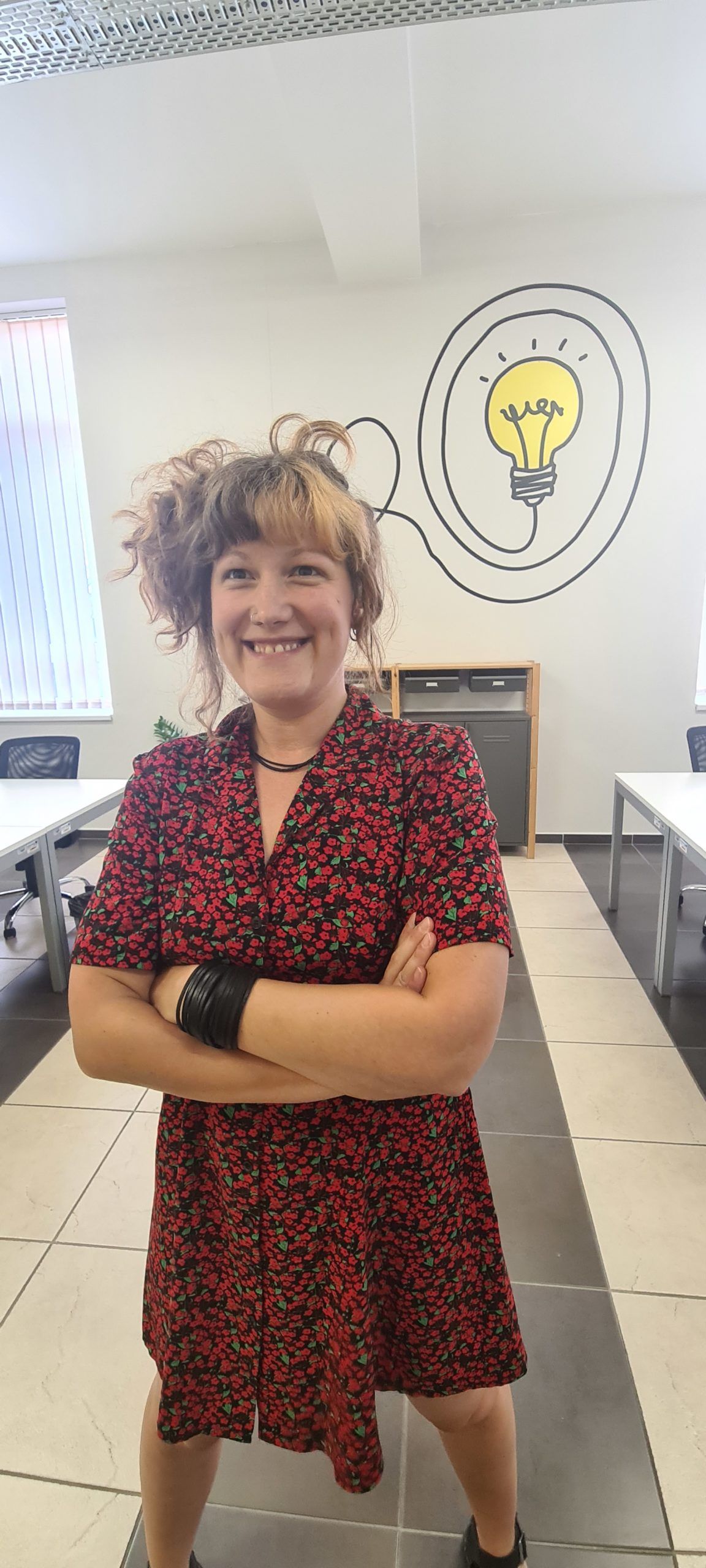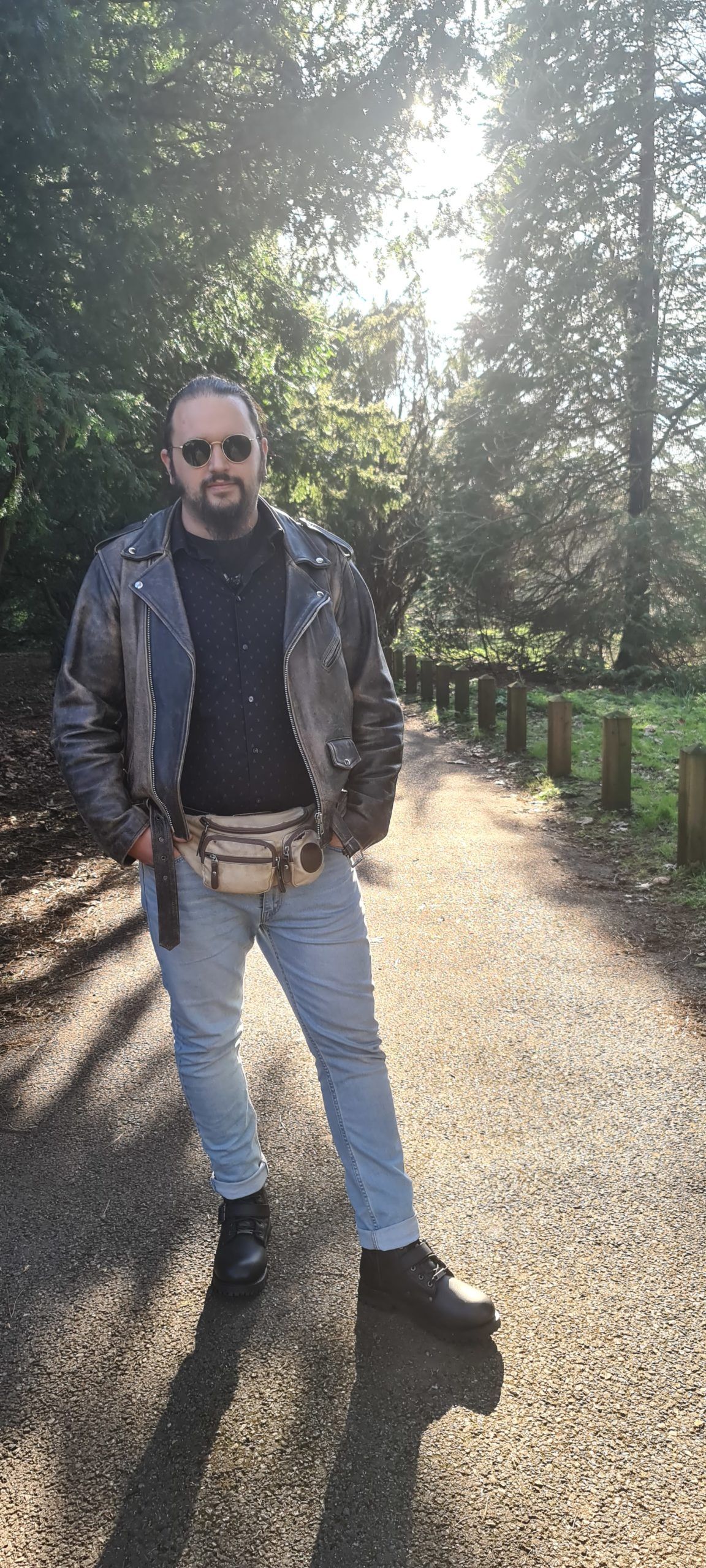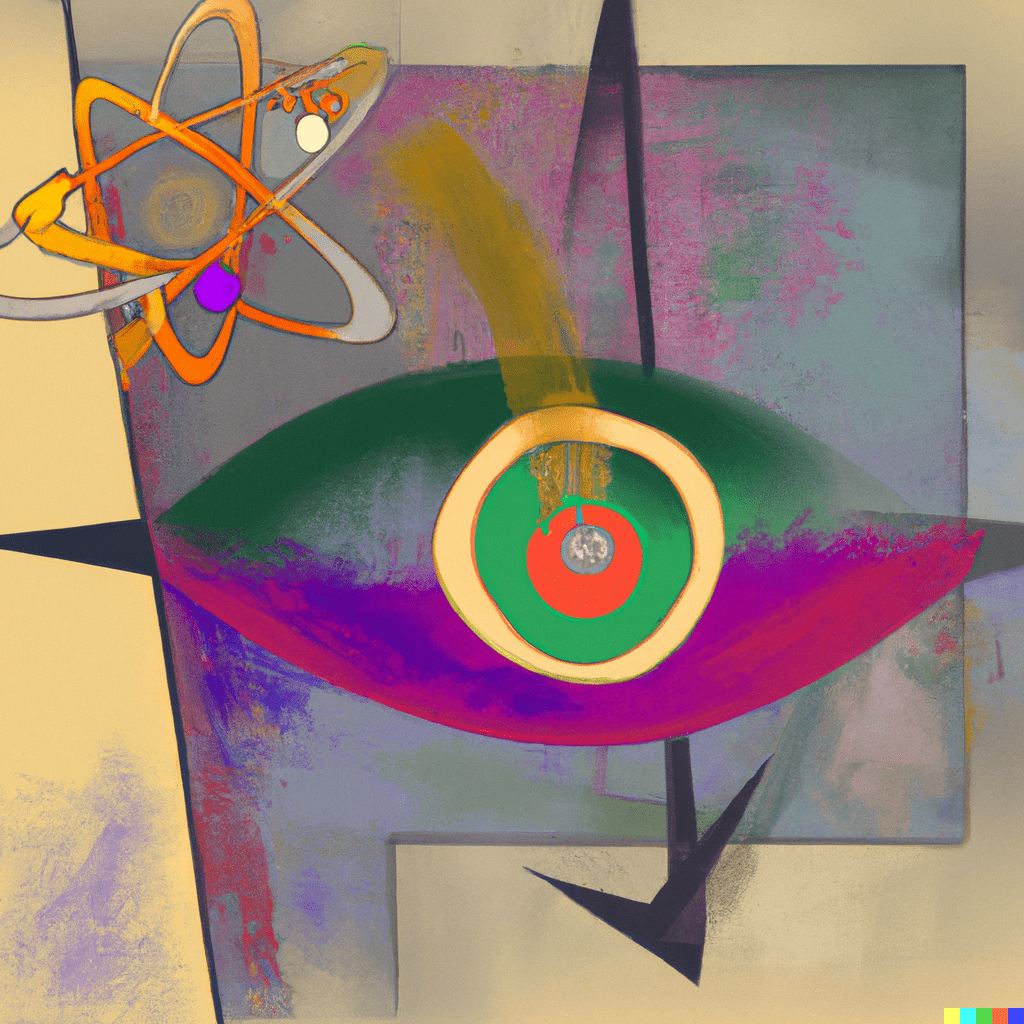Meet our team

Adriana Tomic
Spin Boss
As a postdoctoral fellow in the group of prof. dr. Mark M. Davis at the Institute of Immunity, Transplantation and Infection at Stanford University, Adriana developed a computational tool for the application of machine learning to biomedical datasets. During PhD generated recombinant cytomegalovirus as a live attenuated vaccine candidate at the Institute for Virology at the Hannover Medical School, under the supervision of prof. dr. Martin Messerle, and received the MHH Award for the best PhD work.
Most Famous Experiments:
Tomic Cell Paradox
If it looks like a T cells, if it has markers as a T cells, it might just be a T cell
Tomic Overnight Experiment
Results always look better in the morning
Immune Uncertainty Principle
The more data you acquire, less you know
Immune Chaos Theory
The individual components are not as significant as the complete picture.

Ivan Tomic
Electron Chef
Open source researcher & hacker developing new machine learning and computational tools to advance biomedical research.
Most Famous Experiments:
Multi-parallel processing experiment
The more cores , the better
Academic FOSS Experiment
Keeping FOSS alive in academia
One-immunologist-many-questions hypothesis
Balance properly your questions
Bug Paradox
It is never the code, almost always a user

Matthew Fish
Postdoctoral Associate
Matt completed his PhD under the supervision of Professor Manu Shankar-Hari at King’s College London. Using a systems immunology approach, Matt investigated the sepsis immune trajectory and identified conserved and unique features of immune responses in sepsis. Matt’s current work is on investigating the role of memory CD8 T cell responses to viruses and understanding human immune responses to live attenuated influenza vaccine.
Most Famous Experiments:
Tea Theory
If the experiment works or not – have a cuppa
Gordian Knot
Complex questions need simple, creative solutions. Cut straight through the knot (to the point!).
The infinite Questions
With one question answered, several more appear.
Schrodinger's immune system
We don’t know until we look, but something is definitely happening.

SIMON
Nucleus
SIMON is the go-to member of the lab, always ready to help. However, due to being famous, hard to catch sometimes.
Most Famous Experiments:
Anything goes paradox
Prepare your data carefully
Stop me if you can experiment
When the analysis starts, SIMON can run forever

Tardis
Bigger on the inside
Tardis is the Atomic lab’s favorite high-performing server. When we sleep Tardis keeps working, and thus might be considered the most valuable member of the lab.
Most Famous Experiments:
Freeze-in-the-middle paradox
Always freeze in the middle of the processing
One-code-many-updates hypothesis
Update one package and dependencies will fall
Join us!
Here at the Atomic Laboratory at Boston University, you will work with the world’s most talented researchers, data scientists, and engineers to make breakthroughs and cutting edge research in human immunology.
Become a part of human immunology 2.0 revolution!
Our funders




Our funders



